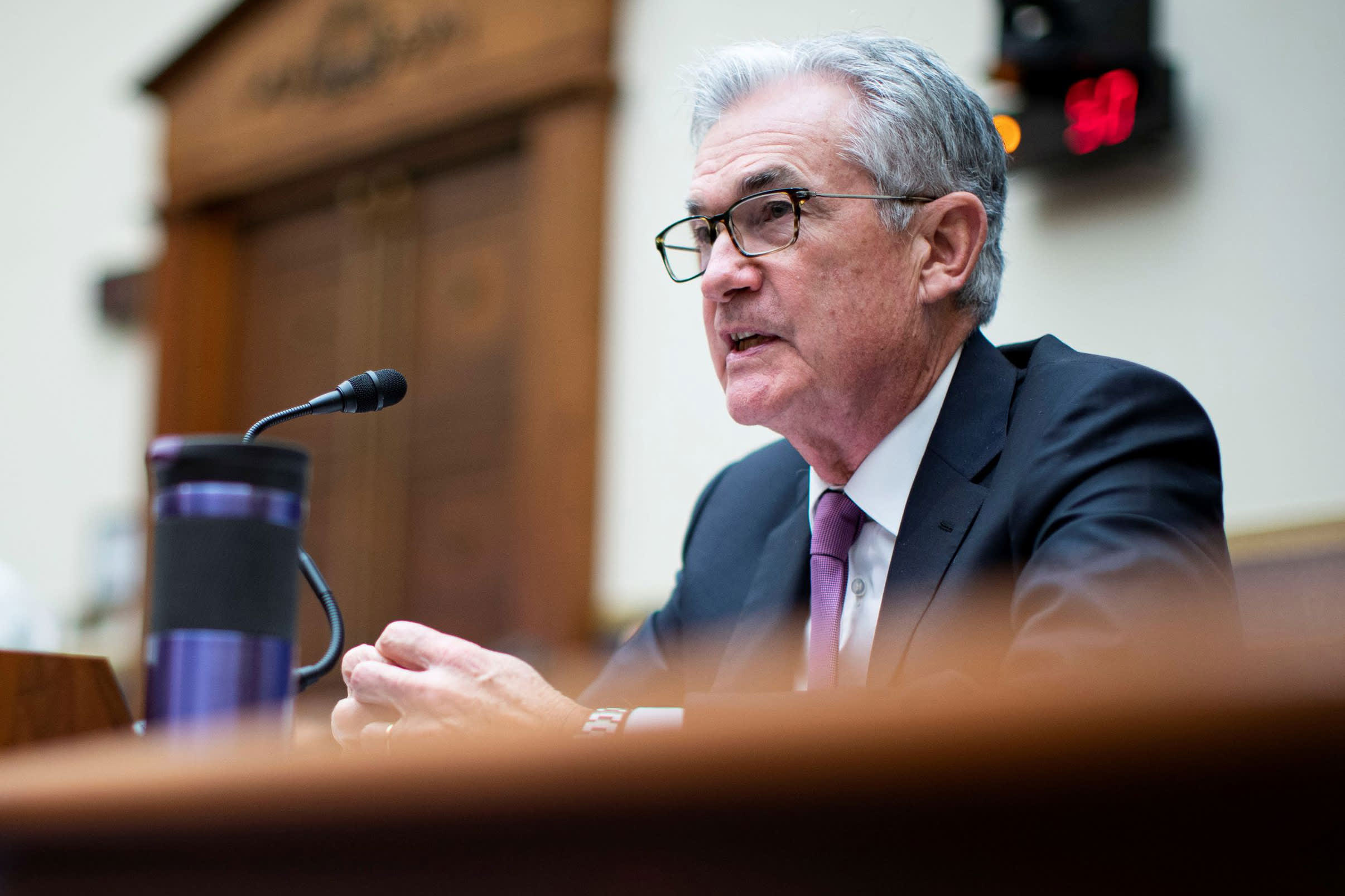
Federal Reserve officials expressed concern about inflation and said they would be willing to raise interest rates if prices keep rising.
The minutes from the November session of the committee that sets interest rates for the Fed were released on Wednesday.
The meeting summary shows a lively discussion about inflation, with members stressing the willingness to act if conditions continue to heat up.
If inflation continued to run higher than levels consistent with the Committee's objectives, the Committee should be prepared to adjust the pace of asset purchases and raise the target range for the federal funds rate sooner than participants currently anticipated.
Inflation has been running at its highest pace in more than 30 years, and officials stressed a patient approach to incoming data.
They said they would not hesitate to take appropriate actions to address inflation pressures that posed risks to its long-run price stability and employment objectives.
The Federal Open Market Committee indicated that it will begin to reduce the monthly bond-buying program that has seen it purchase at least $120 billion in Treasurys and mortgage-backed securities.
The goal of the program was to keep money flowing in those markets while maintaining broader interest rates at low levels.
The House Financial Services Committee is holding a hearing on Capitol Hill on September 30, 2021.
In its statement after the meeting, the committee said that it would allow a reduction in purchases of $10 billion in Treasurys and $5 billion in mortgage backed securities. The schedule is likely to continue until the program ends in the spring or summer of 2022, according to the statement.
The minutes show that some members of the Fed wanted to raise rates sooner.
The minutes said that some participants suggested that the Committee should reduce the pace of net asset purchases by more than 15 billion dollars a month so that they could make adjustments to the target range for the federal funds rate.
Since the November meeting, inflation has gotten even hotter. In previous cycles, the Fed has raised interest rates to cool the economy, but officials have said they are willing to allow inflation to run hotter than normal to let the employment picture improve.
Markets are anticipating a more aggressive Fed.
The Fed will raise its benchmark rate three times in the next five years, according to traders in contracts that bet on the future of short-term rates. The markets can change quickly depending on the signals the Fed sends.
The continued high inflation readings could influence public perception and expectations were becoming less well anchored to the Fed's 2% longer-run target according to the members of the committee.
